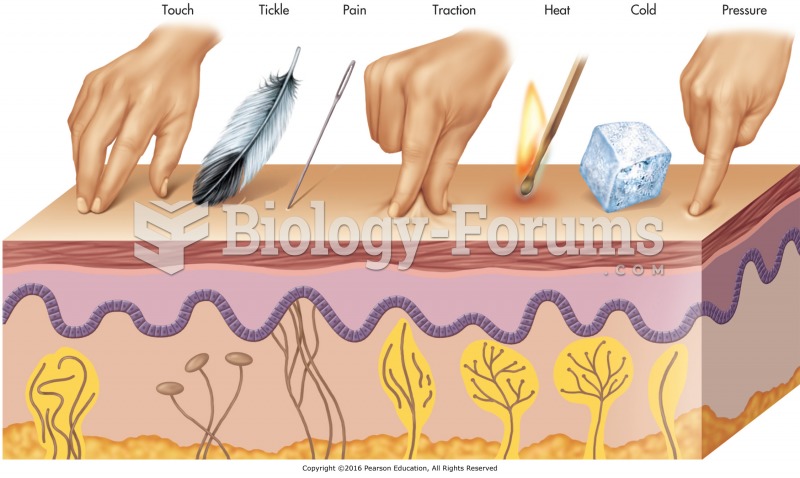|
|
|
The human body produces and destroys 15 million blood cells every second.
The first war in which wide-scale use of anesthetics occurred was the Civil War, and 80% of all wounds were in the extremities.
The Food and Drug Administration has approved Risperdal, an adult antipsychotic drug, for the symptomatic treatment of irritability in children and adolescents with autism. The approval is the first for the use of a drug to treat behaviors associated with autism in children. These behaviors are included under the general heading of irritability and include aggression, deliberate self-injury, and temper tantrums.
Medication errors are more common among seriously ill patients than with those with minor conditions.
After 5 years of being diagnosed with rheumatoid arthritis, one every three patients will no longer be able to work.







